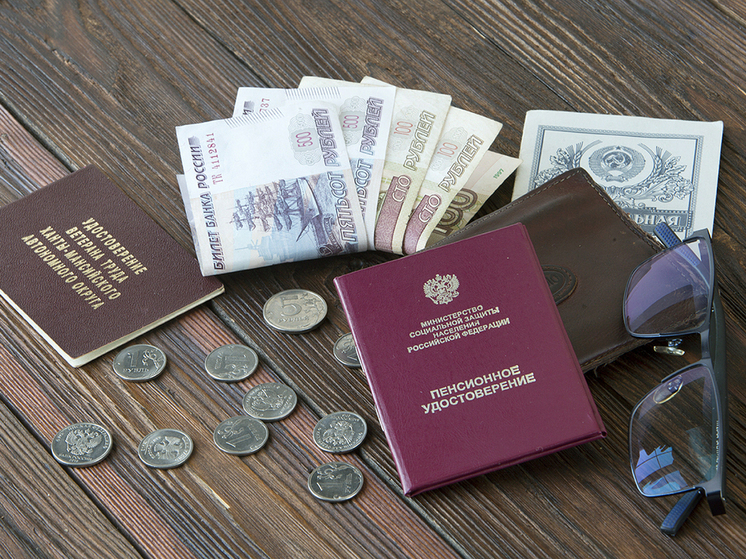
Starting August 1st, Russia will see another adjustment to the pensions of working retirees. This measure applies to individuals who continue to be officially employed after reaching pension age and receive an old-age insurance pension. Approximately 8 million such individuals are officially registered across the country.
Their payments will be recalculated based on the individual pension coefficients (IPCs), or points, they earned in the preceding year (2024). However, working pensioners can only count on a maximum of 3 points, unlike the 10 points that non-pensioners can earn. Given the value of a point this year, the highest possible increase for working retirees will be around 437 rubles and a few kopecks.

Photo: Nikolay Gyngazov/Global Look Press
Previously, from 2016 to 2024, when the indexation of working pensioners` pensions was frozen, the August recalculation of pension coefficients was the only method for older working individuals to boost their pension payments. As is now known, starting this year, working pensioners have had indexation fully restored – though it is added to the «old» pension amount.
Nevertheless, the August IPC adjustment remains in effect. This is because throughout the year, while pensioners were working, employers made contributions on their behalf to the Social Fund of Russia (SFR). This allowed older workers to accumulate the points traditionally added to their pensions starting August 1st.
«Despite the fact that since January 1st, by presidential order, the indexation of working pensioners` pensions is taking place at the same level as for non-working individuals, the indexation is applied to the calculated pension. That is, from 2016 to the end of 2024, the pension of working pensioners was indexed by the achieved coefficient amount, but it was not paid out. Now the pension is actually indexed,» explained Svetlana Bessarab, a member of the State Duma Committee on Labor, Social Policy, and Veteran Affairs. She added that a working pensioner can still earn additional points, which are added annually as of August 1st for the preceding calendar year worked.
However, there`s a specific legislative nuance. While a regular worker under pension age could earn up to 10 IPCs annually, this maximum was capped at 3 points for working pensioners. The reasoning was that they already receive significant pension payments from the state, and the Social Fund`s budget is finite. While there might be some truth to this, there are serious discussions recently within society and among deputies about lifting this artificial limit for working pensioners. The sentiment is: how many points they earned is how many they should receive!
In practice, however, the pension will only be recalculated upwards with all missed indexations from the period of employment once the pensioner retires.
For now, as explained by Alexander Safonov, a professor at the Financial University under the Government of the Russian Federation, if a person worked throughout the year with a salary at least equal to the minimum wage, they will receive at least one point. If the salary was higher, they can receive a maximum of 3 points.
Meanwhile, from January 1, 2025, the value of one pension coefficient has been set by the Russian government at 145 rubles 69 kopecks. Thus, the maximum possible increase for working pensioners from August 1st will be 437 rubles 7 kopecks.
The size of the increase will depend on the salary. The higher the salary, the larger the increase. The recalculation will be performed automatically. Pensioners do not need to submit applications to the SFR; the fund handles everything independently.
Economist Andrei Loboda, a top manager in financial communications, considers the news of adding points to working pensioners` pensions «positive in itself.» He notes that «the adjustment shows that working pensioners can get a pension increase and move closer to a system where `the more you work, the more you get`.»
At the same time, the expert points out that the amounts of such increases are not very noticeable. «Even with the maximum assessment of 3 pension points, the increase will not exceed 440 rubles per month. Compared to the average insurance pension, this is approximately 1.5%. Given the high domestic inflation, the indexation looks modest,» the economist emphasizes.
He expresses hope that this payment is just the first step towards improving the living standards of working pensioners. «This category of citizens is economically active, and they need comprehensive support. Perhaps in the future, it makes sense to review the methodology of such adjustments to increase them,» Andrei Loboda believes. One option is that, over time, working pensioners could fall under the standard procedure for adding pension points, without any limit of three IPCs per year.











